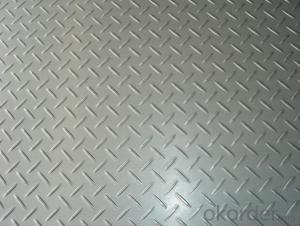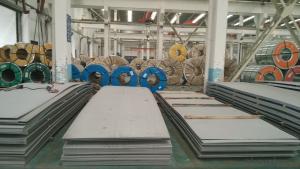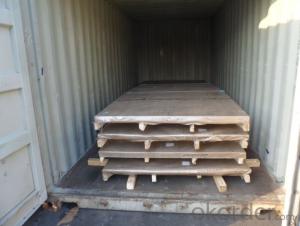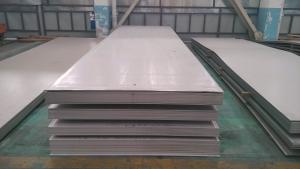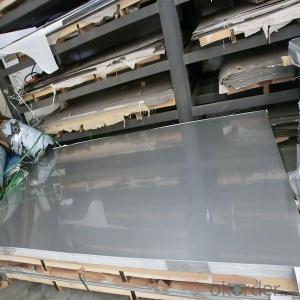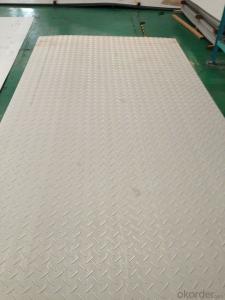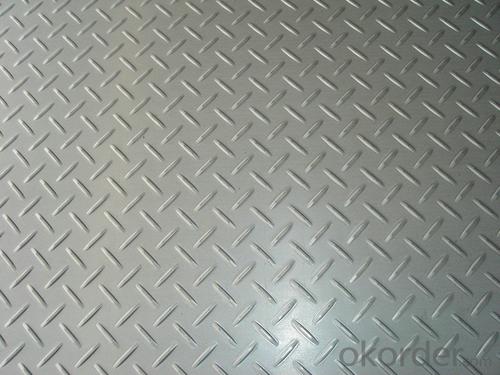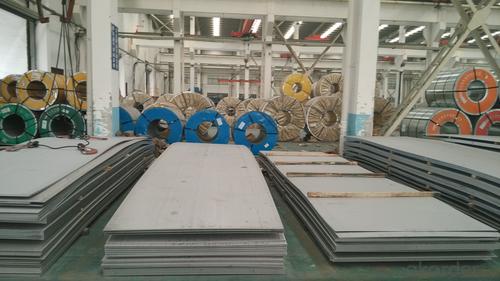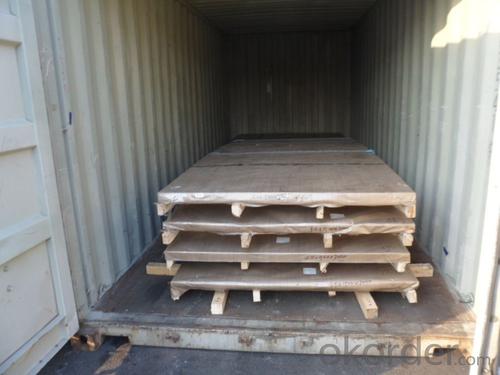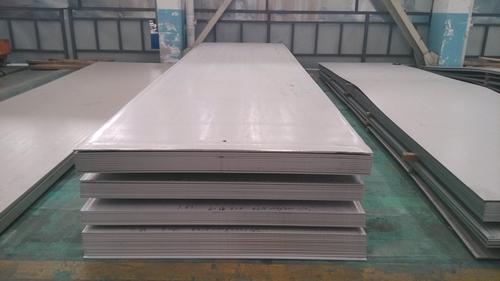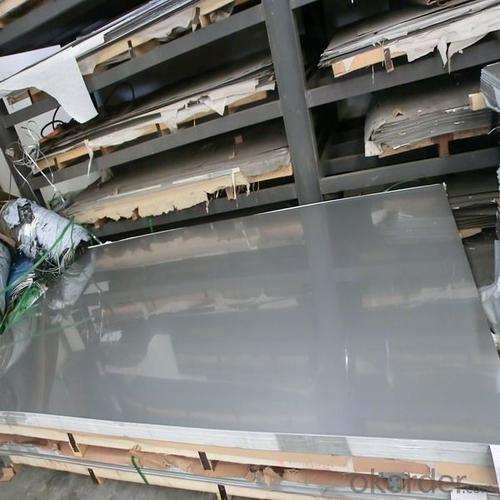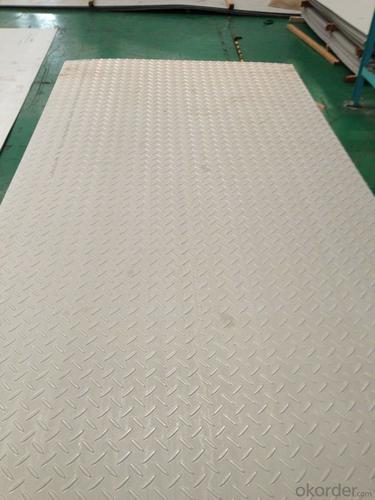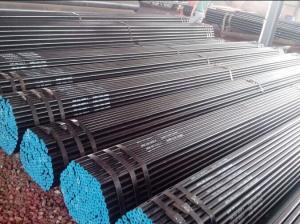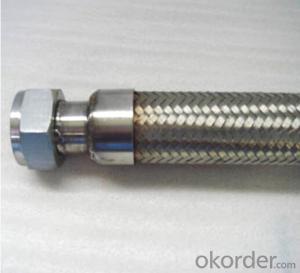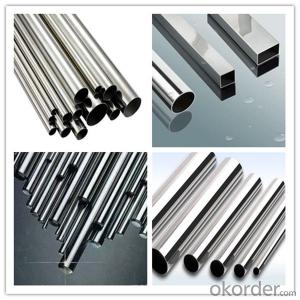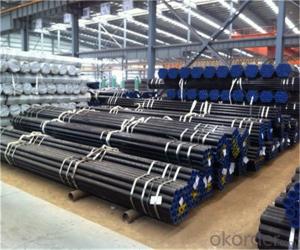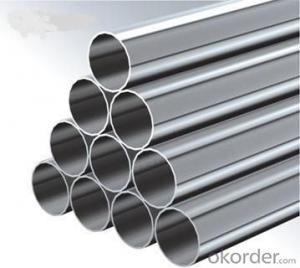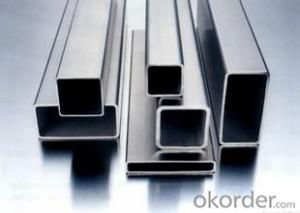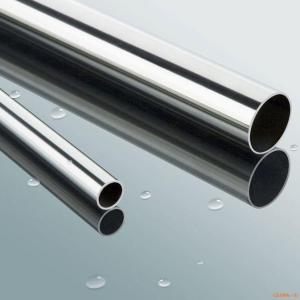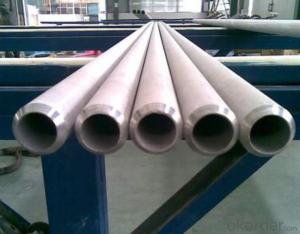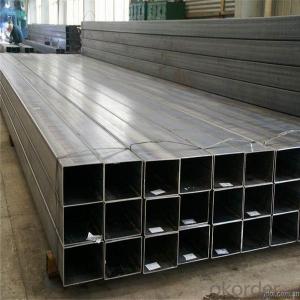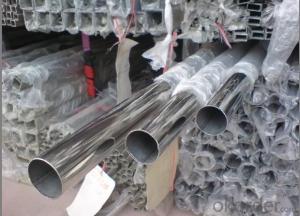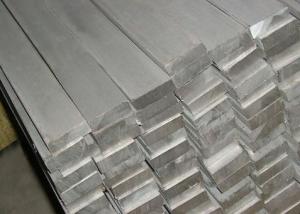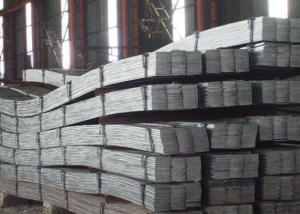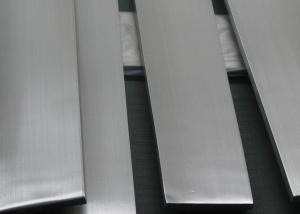Stainless Steel 304 sheet with innovative technology
- Loading Port:
- Shanghai
- Payment Terms:
- TT OR LC
- Min Order Qty:
- 10000 m.t
- Supply Capability:
- 1000000 m.t/month
OKorder Service Pledge
Quality Product, Order Online Tracking, Timely Delivery
OKorder Financial Service
Credit Rating, Credit Services, Credit Purchasing
You Might Also Like
Stainless steel 304 sheet
Company advantage of stainless steel:
-Top Equipments, Leading In The Industry.
- Professional Team, Leading Innovation.
- Huge Supply Capacity Advantage, Timely and Effective Delivery.
- Modern Logistic, Fact and Convenient.
- Precise Manufacturing, Exquisite Products.
- Serve People, Create Value.
- Dimensional Network, Powerful Expansion.
Product Information of stainless steel sheet:
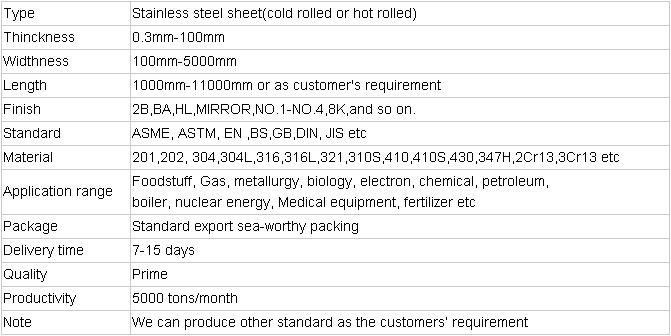

- Q: Can stainless steel pipes be annealed?
- Stainless steel pipes possess the capability to undergo annealing, a process involving the heating of these pipes to a specific temperature, followed by a gradual cooling, which effectively alleviates stress, enhances ductility, and improves the mechanical properties of the material. Throughout the annealing process, the stainless steel pipes are heated to a temperature surpassing their recrystallization point, typically ranging from 1040°C to 1120°C (1904°F to 2048°F) for austenitic stainless steels. Consequently, this permits the internal structure of the pipes to achieve greater uniformity, thus relieving any stresses that may have been incurred during manufacturing or prior usage. Subsequently, post-annealing, the stainless steel pipes will exhibit improved formability, heightened toughness, and reduced hardness, rendering them suitable for a diverse range of applications across industries such as oil and gas, chemical processing, and construction.
- Q: Are stainless steel pipes suitable for pharmaceutical laboratories?
- Yes, stainless steel pipes are suitable for pharmaceutical laboratories. Stainless steel is a commonly used material in pharmaceutical industries due to its excellent corrosion resistance, high strength, and durability. These pipes are hygienic and easy to clean, making them ideal for pharmaceutical laboratories where cleanliness and sterility are of utmost importance. Stainless steel pipes also have smooth internal surfaces, which prevent the accumulation of bacteria, contaminants, or particles. Additionally, stainless steel is non-reactive and does not leach any harmful substances, ensuring the quality and integrity of pharmaceutical products. Overall, stainless steel pipes are a reliable choice for pharmaceutical laboratories, meeting the stringent requirements for cleanliness, durability, and product safety.
- Q: What is the difference between 17-4 and 15-5 stainless steel pipes?
- The main difference between 17-4 and 15-5 stainless steel pipes lies in their chemical compositions and resulting mechanical properties. 17-4 stainless steel contains approximately 17% chromium and 4% nickel, while 15-5 stainless steel contains about 15% chromium and 5% nickel. As a result, 17-4 stainless steel has higher levels of both chromium and nickel, providing better corrosion resistance and improved strength compared to 15-5 stainless steel. However, 15-5 stainless steel offers superior toughness and ease of welding. Ultimately, the choice between these two types of stainless steel pipes depends on the specific requirements of the application and the desired balance between corrosion resistance, strength, and weldability.
- Q: Can stainless steel pipes be used for gas or oil transportation?
- Yes, stainless steel pipes can be used for gas or oil transportation. Stainless steel is known for its high resistance to corrosion and can withstand high pressure and extreme temperatures, making it an ideal choice for transporting gas or oil safely and efficiently.
- Q: How do you calculate the flow rate of fluid through stainless steel pipes?
- To calculate the flow rate of fluid through stainless steel pipes, you can use the equation known as the Bernoulli's equation, which takes into account factors such as the pipe's diameter, length, pressure difference, and fluid properties. Additionally, you may need to consider factors like viscosity and Reynolds number for more accurate calculations.
- Q: Are stainless steel pipes suitable for pharmaceutical applications?
- Yes, stainless steel pipes are suitable for pharmaceutical applications. Stainless steel is a highly durable and corrosion-resistant material that is widely used in the pharmaceutical industry for various applications, including the transportation and storage of pharmaceutical products, process piping, and equipment construction. One of the main advantages of stainless steel pipes is their ability to resist corrosion, which is crucial in pharmaceutical environments where the prevention of contamination is of utmost importance. Stainless steel is resistant to a wide range of chemicals and aggressive substances, ensuring that the quality and integrity of pharmaceutical products are maintained. Furthermore, stainless steel pipes have excellent hygienic properties. They are easy to clean and sterilize, making them suitable for pharmaceutical applications that require stringent cleanliness standards. Stainless steel surfaces are smooth, non-porous, and have low levels of bacterial adhesion, making it easier to maintain a sterile environment. In addition to their corrosion resistance and hygienic properties, stainless steel pipes have high strength and durability. They can withstand high temperatures and pressures, making them suitable for various pharmaceutical processes. Stainless steel pipes also have excellent mechanical properties, such as impact resistance and fatigue strength, ensuring long-lasting performance and reducing the risk of failures in pharmaceutical applications. Overall, stainless steel pipes are widely used in the pharmaceutical industry due to their corrosion resistance, hygienic properties, and durability. They provide a reliable and safe solution for transporting and storing pharmaceutical products, as well as maintaining a clean and sterile environment.
- Q: Can stainless steel pipes be used for oil pipelines?
- Indeed, oil pipelines can utilize stainless steel pipes. Renowned for its exceptional resistance to corrosion, stainless steel is an ideal material for the transfer of diverse fluids, such as oil. Moreover, its durability and ability to withstand high pressure and temperature circumstances further enhance its suitability for oil pipelines. Additionally, the smooth inner surface of stainless steel pipes aids in diminishing friction and enhancing the oil's flow. Nevertheless, it is vital to carefully contemplate the selection of stainless steel grade and appropriate coating to guarantee compatibility with the specific type of oil and the prevailing environmental conditions in which they will be employed.
- Q: Can stainless steel pipes be used for food storage facilities?
- Yes, stainless steel pipes can be used for food storage facilities. Stainless steel is a preferred material for food storage and processing due to its durability, corrosion resistance, and hygienic properties. It does not react with food or release any harmful substances, making it safe for storing various types of food products. Stainless steel pipes are also easy to clean and maintain, ensuring the highest levels of hygiene in food storage facilities. Additionally, stainless steel is resistant to high temperatures, making it suitable for both hot and cold food storage. Overall, stainless steel pipes are an excellent choice for food storage facilities due to their safety, durability, and hygienic properties.
- Q: What kind of welding machine is used for welding thin stainless steel plate and stainless steel square tube?
- But I've already attached a ban on reverse welding (the reverse side is a square tube frame)3. I want it to look good after welding.I was just 4. when reading practice a week of welding, can actually be said to have no understanding of welding after graduation, occasionally with ordinary welding iron will often appear in the weld the warning signs, the other is capable person, not a child, he should be responsible for his behavior. Irrigation can not go fishing? We must also be jointly and severally liable for an accident
- Q: Can stainless steel pipes handle high temperatures?
- Yes, stainless steel pipes are capable of handling high temperatures. Stainless steel is known for its excellent heat resistance, making it suitable for various applications that involve elevated temperatures. The specific grade of stainless steel used will determine the maximum temperature the pipes can withstand. For instance, austenitic stainless steel grades such as 304 and 316 can typically handle temperatures up to around 1600°F (870°C), while higher alloyed grades like 310 and 321 can withstand even higher temperatures. This heat resistance is due to the presence of chromium and other alloying elements in stainless steel, which form a protective oxide layer that prevents corrosion and oxidation at high temperatures. Therefore, stainless steel pipes are commonly used in industries such as petrochemical, power generation, and heat exchangers, where high temperatures are prevalent.
Send your message to us
Stainless Steel 304 sheet with innovative technology
- Loading Port:
- Shanghai
- Payment Terms:
- TT OR LC
- Min Order Qty:
- 10000 m.t
- Supply Capability:
- 1000000 m.t/month
OKorder Service Pledge
Quality Product, Order Online Tracking, Timely Delivery
OKorder Financial Service
Credit Rating, Credit Services, Credit Purchasing
Similar products
Hot products
Hot Searches
Related keywords
